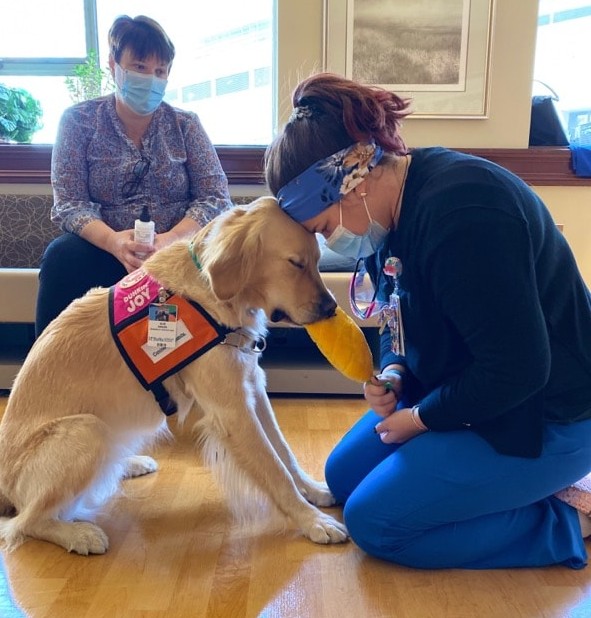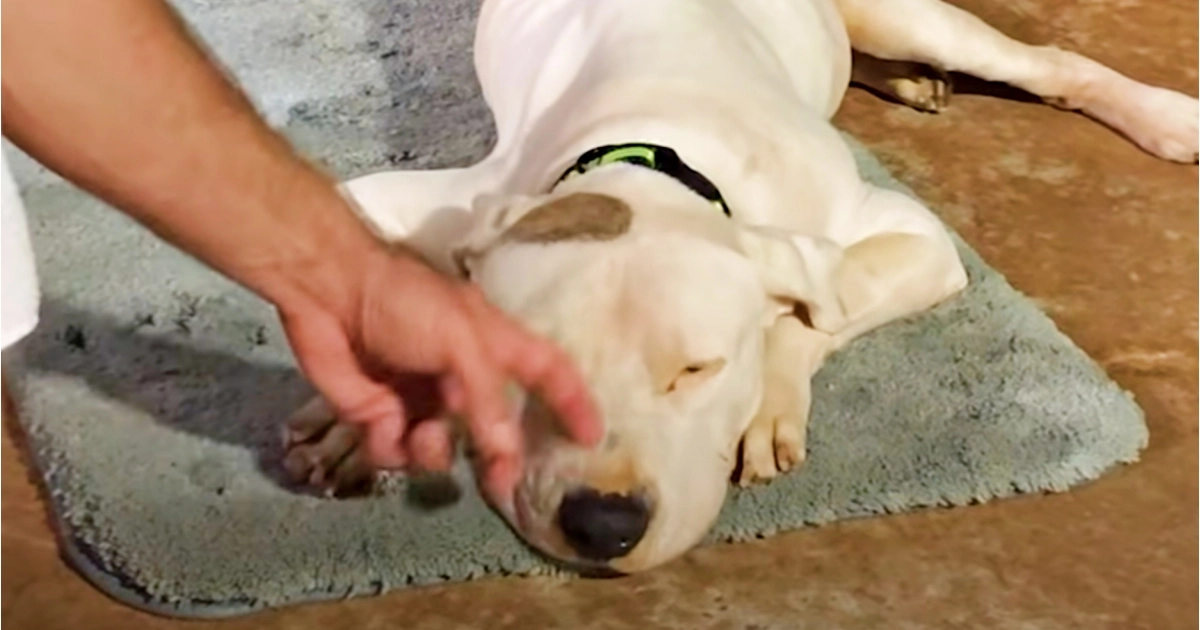
Losing a pet can be an emotionally devastating experience, and offering support to someone during this time requires sensitivity and understanding. Knowing what not to say and what to say instead can make a significant difference in providing comfort to a grieving pet parent. Here are some guidelines to help you choose your words wisely and be a source of solace during your time of sorrow.
Avoid: “It’s just a pet.” Pets hold a special place in their owner’s heart, and dismissing their significance can be hurtful. Avoid downplaying their grief by treating the loss as insignificant.
Say instead: “I’m so sorry for the loss of your beloved companion. Your pet brought so much joy to your life.”
Avoid: “At least you can get another pet.” Suggesting replacing their pet too soon may seem insensitive. Every pet is unique, and the grieving process should be respected before considering bringing a new pet into their lives.
Say instead: “Take all the time you need to grieve. When you’re ready, there are many animals out there who would be lucky to have you as their owner.”

Avoid: “I know how you feel.” Even if you have experienced pet loss, everyone’s grief is different. Claiming to understand their feelings entirely may unintentionally minimize their pain.
Say instead: “I can’t fully grasp the depth of your loss, but I’m here to listen and support you in any way I can.”
Avoid: “It was just their time.” Rationalizing the loss with platitudes like this can be hurtful. Such statements may fail to acknowledge the strong bond shared between the pet and their owner.
Say instead: “Losing a beloved pet is never easy. Please know that I’m here for you, and we can remember the wonderful times you shared.”
Avoid: “You should be grateful for the time you had.” While gratitude can be important in the healing process, pushing someone to be thankful right after their loss can be insensitive.
Say instead: “Your pet was fortunate to have you as their companion, and you gave them a wonderful life filled with love and care.”
Avoid: “I can’t imagine why you’re so upset.” Invalidating their emotions can add to their pain. Everyone grieves differently, and it’s essential to respect their feelings.
Say instead: “It’s clear how much your pet meant to you, and it’s okay to feel devastated. I’m here if you need someone to talk to.”
Avoid: “It’s time to move on.” Grief has no set timeline, and urging someone to move on prematurely can be hurtful. Allow them to process their feelings at their own pace.
Say instead: “Take all the time you need to heal. I’ll be here to support you whenever you’re ready.”

Avoid: “You should have seen it coming.” Blaming or criticizing their actions leading up to the pet’s passing is not helpful. They need support and understanding, not judgment.
Say instead: “Please know that you did everything you could for your pet, and they knew how much they were loved.”
Avoid: “I know someone who lost a pet, and they handled it differently.” Comparing their grief to others’ experiences may make them feel unheard and unsupported.
Say instead: “Everyone’s grief journey is unique, and it’s essential to honor your feelings during this difficult time.”
Avoid: “It’s time to get over it.” Grieving is a natural process, and rushing someone to move on may hinder their healing.
Say instead: “I’m here for you, and whenever you want to talk or share memories, I’m ready to listen.”
In conclusion, providing comfort to someone who has lost a beloved pet requires empathy, patience, and understanding. By avoiding insensitive comments and choosing thoughtful, compassionate words instead, you can be a source of strength and support during their grief journey.